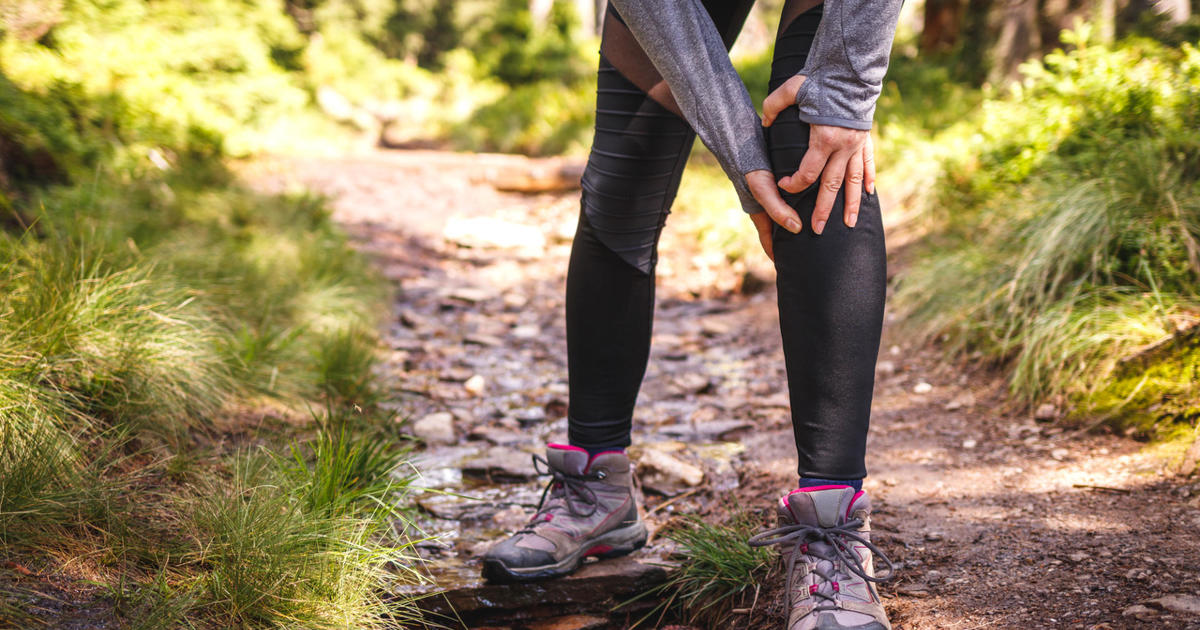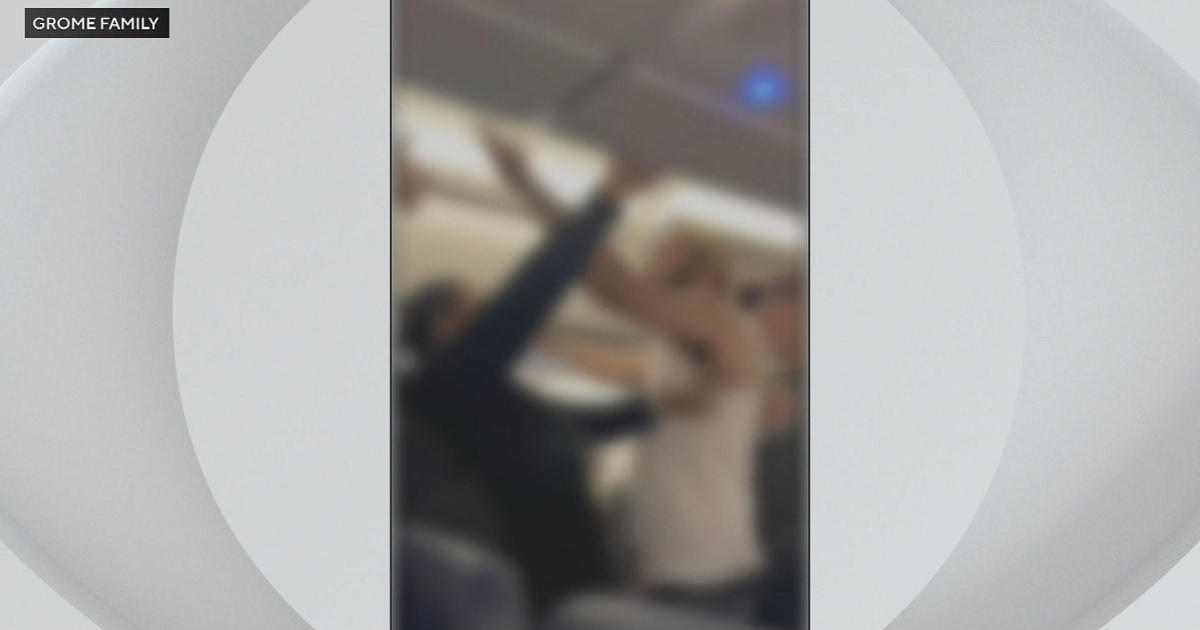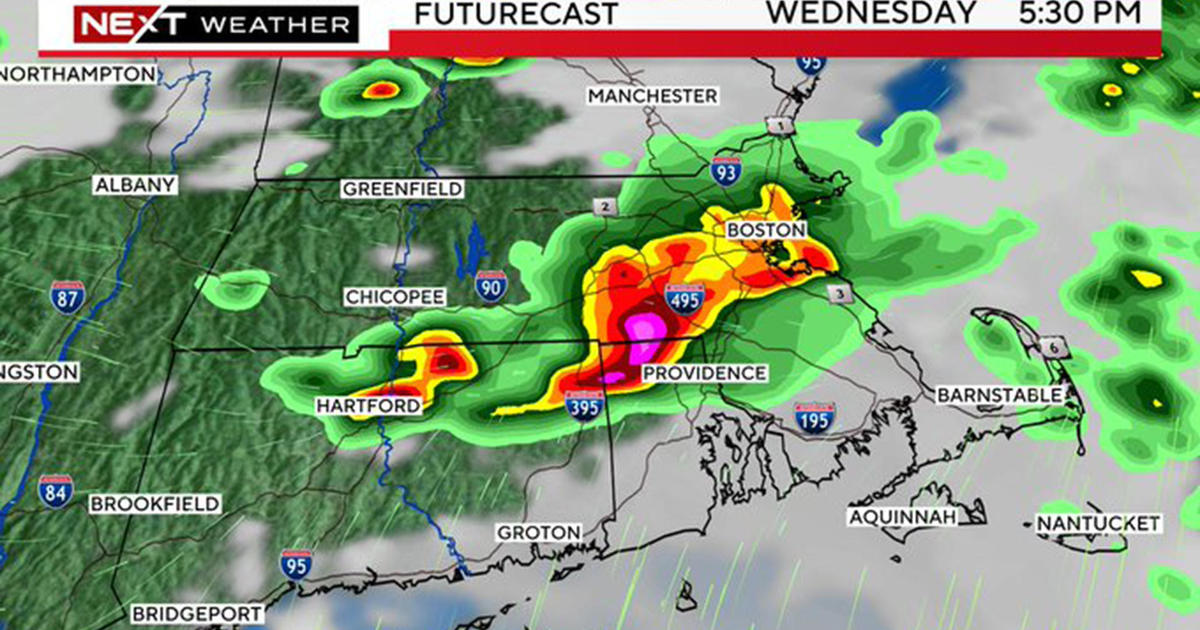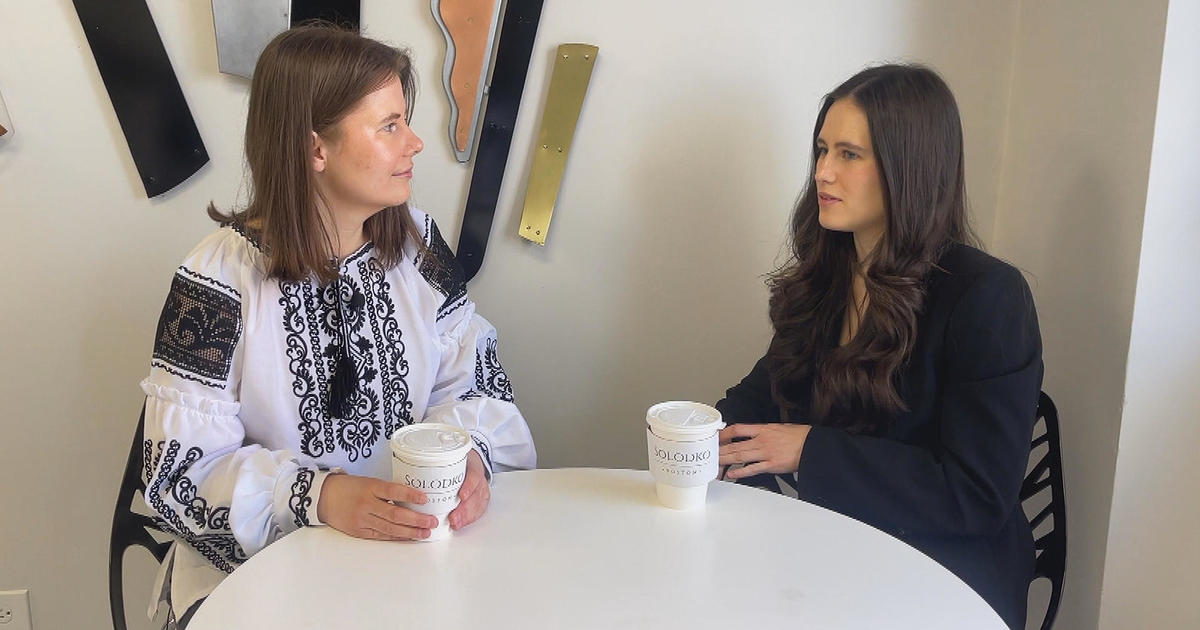Blowing Out Birthday Candles? Brushing Teeth At Work? Dr. Mallika Marshall Answers Coronavirus Questions
BOSTON (CBS) – Dr. Mallika Marshall is answering your coronavirus-related medical questions. If you have a question for Dr. Mallika, email her or message her on Facebook or Twitter.
Dr. Mallika is offering her best advice, but as always, consult your personal doctor before making any decisions about your personal health.
Why have we not mentioned putting a stop to blowing out birthday candles? Why is it okay to more or less spit on a cake and then share it? – Joyce, Facebook
It's not so much the spittle that may land on a cake when blowing out birthday candles that put you at risk, but the respiratory droplets that could be blown out into the air by the birthday girl or boy. So if you're celebrating with people you don't live with, best to put that practice on hold.
Once there is a vaccine available, will we need to get it every year like the flu vaccine? - Holly
The coronavirus does not seem to mutate as quickly as the influenza virus so an annual shot may not be necessary, but immunity may not last a lifetime. Based on current research, there is a good chance that we'll need to get a booster about a month later for this first round of vaccinations.
I normally brush my teeth in the men's room in my office building after lunch. Is this still appropriate? - Bob
Probably not a good idea. You're in a common area and potentially releasing respiratory droplets as you brush your teeth that could be inhaled by someone else who enters the bathroom. Perhaps you can brush outside after lunch or simply wait until you get home.
Are N95 masks more effective than regular masks? - Mike
Yes. N95 masks are the most effective, but should be reserved for healthcare workers and first responders. As for regular masks, Duke researchers recently tested the effectiveness of different types of masks and found while most cloth masks provide some protection, thin gaiter neck masks are not only ineffective, but actually may break larger respiratory particles into smaller ones that can spread easily.



